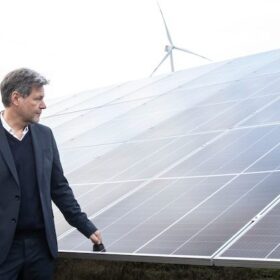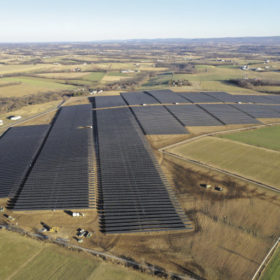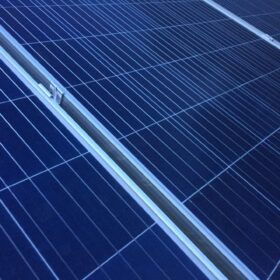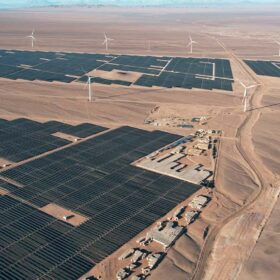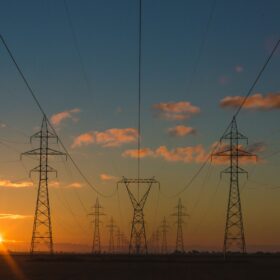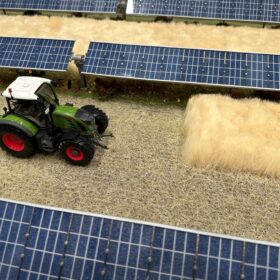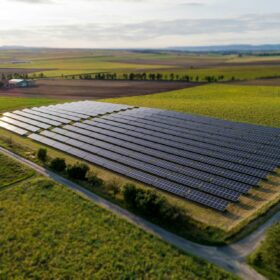The Hydrogen Stream: German government adopts import strategy to create investment security
A new hydrogen import strategy is expected to make Germany better prepared for increasing demand in the medium and long term. The Netherlands, meanwhile, saw its hydrogen market grow considerably across supply and demand between October and April.
Year-to-year solar variability peaks in Europe, Australia, Argentina, and China
In a new weekly update for pv magazine, Solcast, a DNV company, reports that the regions with the highest year-to-year variability in irradiance include Central and Northern Europe, East Coast Australia, Northern Argentina, and China, with Africa exhibiting the most stable irradiance year-on-year.
Colombia: 922.8 MW of PV projects under construction
According to the country’s Mining and Energy Planning Unit, of all the projects currently operating in Colombia that it is aware of, 10,672 MW are photovoltaic, followed by 8,452 MW of wind, 1,973.9 MW hydraulic, 672 MW thermal and 42.7 MW biomass.
EWEC issues requests for proposals for 400 MW BESS project
The UAE’s Emirates Water and Electricity Company (EWEC) says 27 companies and consortiums that expressed interest in developing the project qualified for this stage of the tender.
Work underway on Lightsource bp’s 560 MW solar project in Greece
Lightsource bp has announced its joint venture company Ameresco Sunel Energy SA as the EPC contractor and O&M provider for its 560 MW solar project in mainland Greece. The project has been billed as one of Europe’s largest solar sites.
Liberia seeks consultants for 20 MW solar project
Liberia Electricity Corporation is searching for consultants to support the construction of a 20 MW solar plant, to be located alongside an existing 88 MW hydropower facility.
Enel Chile begins commercial operation of its largest hybrid project in the country
The PFV Las Salinas stages 1, 2 and 3, which totals 205 MW, will operate jointly with the 112 MW Sierra Gorda Este wind farm and will be the largest industrial-scale hybrid renewable generation center in the country, according to Enel.
India allocates 630 MW of renewables-plus-storage capacity at average price of $0.059 /kWh
The winning developers will set up renewable energy projects backed with energy storage system to supply a cumulative 630 MW of firm and dispatchable renewable power in a demand-following manner.
Researchers find agrivoltaics have LCOE of $0.039/kWh, 7-year payback time in India
Indian researchers have compared the performance of an agrivoltaic system to monofacial and bifacial rooftop PV systems, and have found that the agrivoltaics setup had a shorter payback time and lower levelized cost of energy. Their analysis of performance considered panel temperature, power output, land equivalent ratio, and reliability.
‘Minimal’ land required for renewables expansion in Europe
The European Environmental Bureau (EEB) says 2.2% of the European Union’s total land can host all the solar and wind projects needed to phase out fossil fuels and nuclear power, achieving climate neutrality by 2040.
